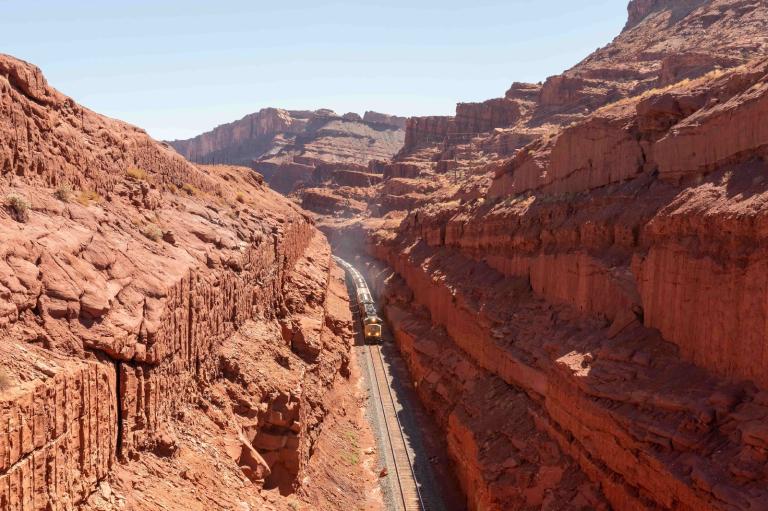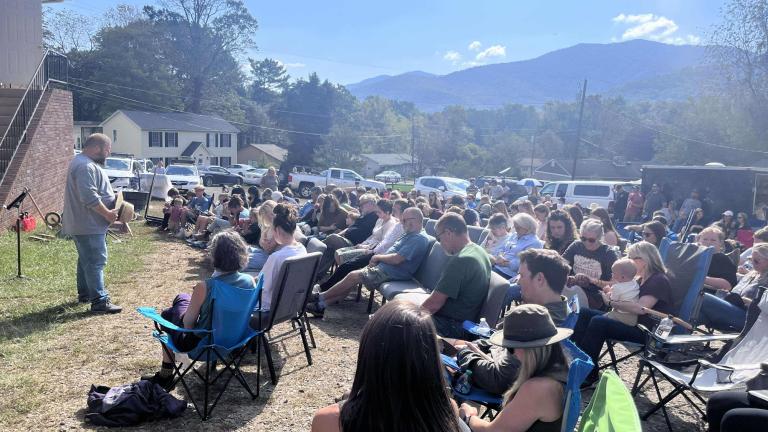 This Treehugger post on a Toronto bikeshare service reminded me of my hazy days in Missoula, MT. (The weather was plenty clear, mind you …)
This Treehugger post on a Toronto bikeshare service reminded me of my hazy days in Missoula, MT. (The weather was plenty clear, mind you …)
While I was there, a bikeshare service called Freecycles was launched with great fanfare, flooding the streets with clunky green refurbished bikes — free to use for anyone! For a while they were an iconic sight around town. Of course, I never rode one, and didn’t know anybody who did, except as a novelty. Then there were fewer, and fewer, and then the program disappeared with a whimper.
And it’s not a surprise, I guess. Who exactly is supposed to be the target user for bikeshare services?
Most of the kids in Missoula — and man, it really was packed with kids … kids and bars — were trustafarians, attending college, or coasting along post-college, smoking pot and snowboarding. Every one of those kids had enough money for his/her own bike, especially since you could get a used one for under $100, easy. I think maybe the idea was that drunk folk leaving the bars could ride home rather than drive, but if the kids in Missoula knew how to do anything, it was drink (and plan to drink, and talk about drinking), and they knew how to get home. Those who biked to the bars biked home, those who drove drove home. Nobody changed their habits.
The one demographic I imagine could actually use free transportation like this is low-income people who genuinely can’t afford a bike and need reliable transportation to and from work. But the bike placement was so random, it couldn’t be relied on. And Missoula is a tiny town without much of a low-income population anyway.
And regardless, the bikes steadily disappeared, as people discarded them in ditches, or rode them far out of town and left them, or who knows what.
As much as I like the idea, I wonder if similar problems will not plague all bikeshare and carshare services. The people who will use them don’t really need them, and the people who really need them won’t be able to rely on them.
What do you think?
CODA: Freecycles has reconstituted itself, with more emphasis on free bike-repair facilities, educational services, and festivals. They still offer free bikes for sharing, but the website pointedly notes, "Usually half [the bikes] survive the season. This program is more about trust and sharing than transportation." Well, at least half about trust and sharing. The other half about looting the commons …

